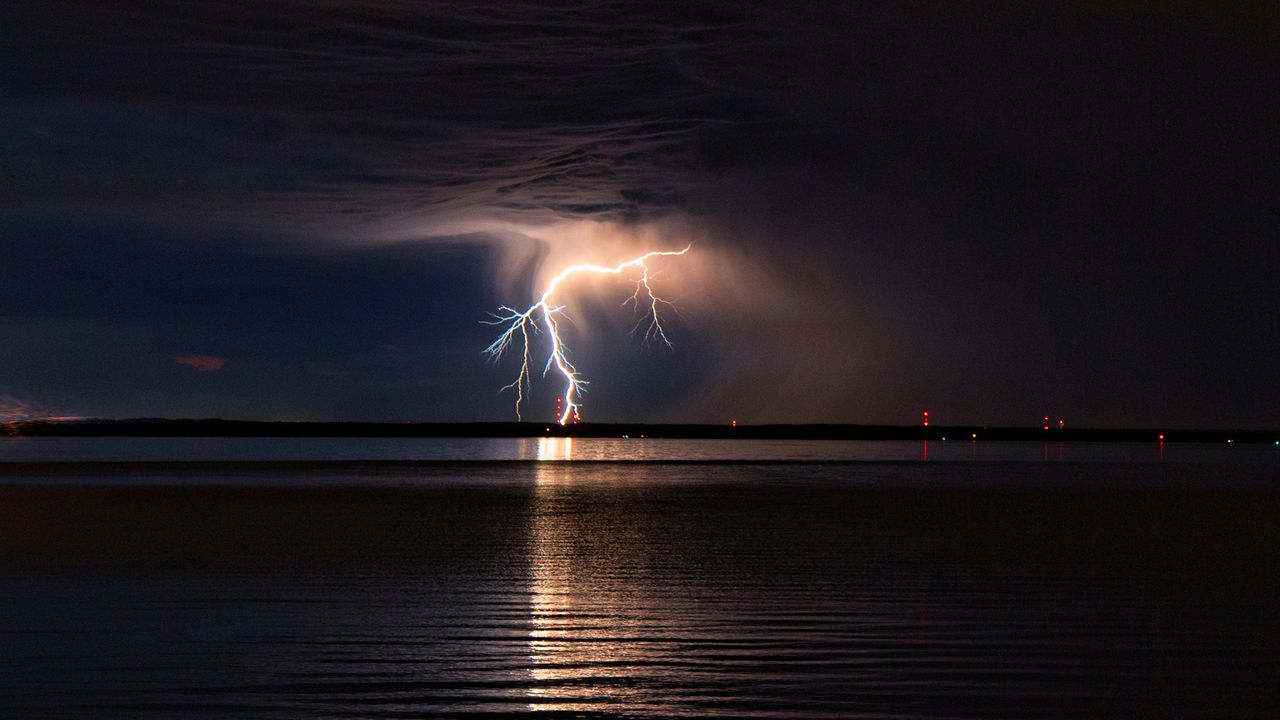Summer is in full swing, and we’re always looking for a way to cool off in the summer heat. Many of our favorite summer activities involve water, whether it's swimming in a pool, heading to the beach or running around in the sprinklers.
But if you engage in these activities and a storm heads your way, it’s time to move inside immediately. We all know water and lightning aren’t the best combination.
Water considered “pure” is water with no substances in it. This water alone is a great insulator and doesn’t conduct electricity.
However, water is known as the universal solvent, and it’s this characteristic that helps it conduct electricity. Water has a neutral charge, but when you add a substance to it, it helps water carry an electrical charge.
The minerals, substances and chemicals naturally dissolved in our daily drinking water, lakes, rivers and other bodies of water help it conduct electricity.
Substances dissolved in water contain ions, which is an atom or molecule with an electrical charge.
Even a few ions in water help it conduct electricity.
However, if large amounts of ions are in the water, an electric current could ignore a human body and stick to the better conductor (the water).
But, I wouldn’t suggest testing that theory.
Our team of meteorologists dives deep into the science of weather and breaks down timely weather data and information. To view more weather and climate stories, check out our weather blogs section.



